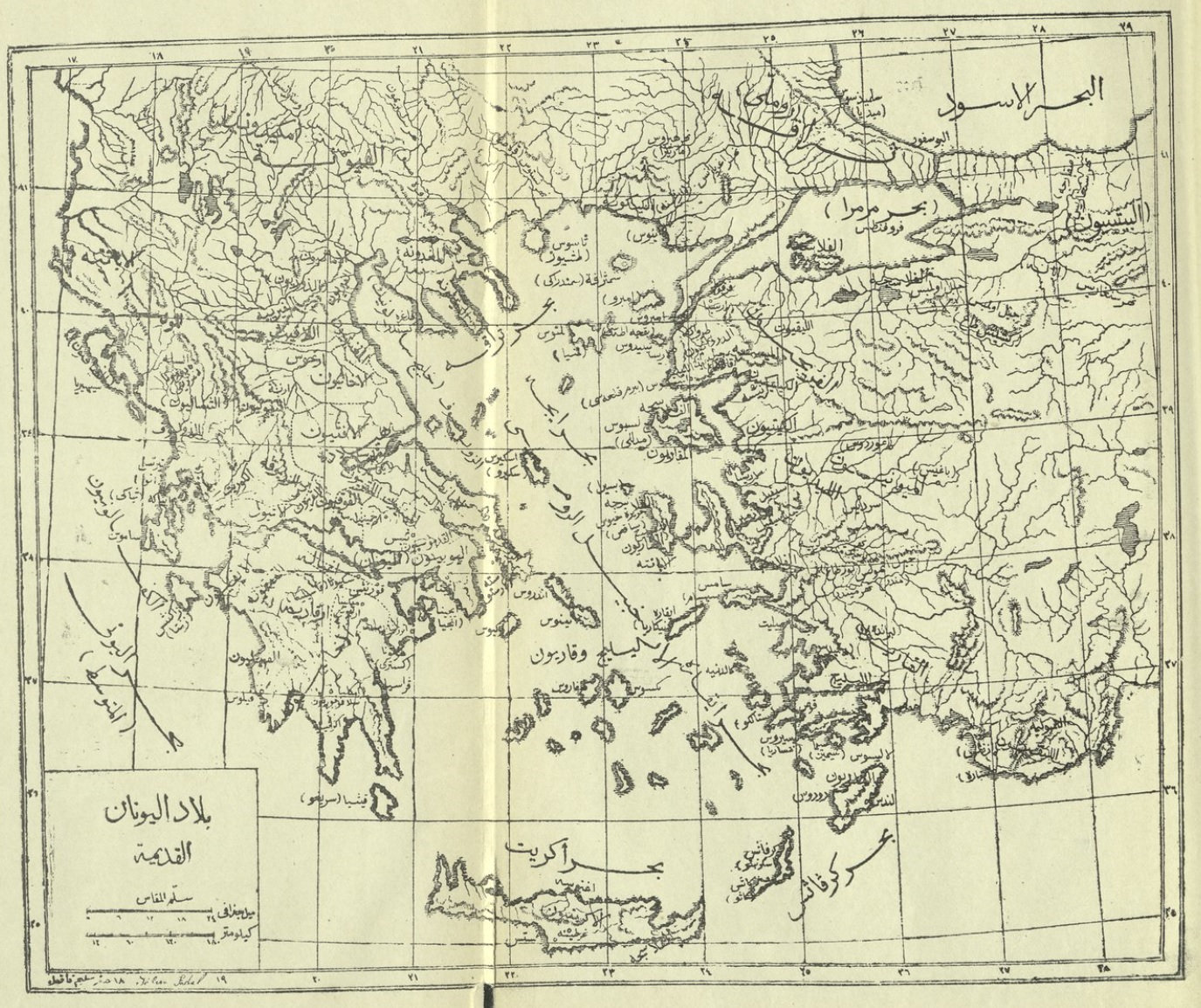DIGIMYTH
 DIGIMYTH - Digital Mythology and Arabic Literature: A Digital Archive to Study the Dynamics of the Reception of Greek Myths in Modern Arabic Literature
DIGIMYTH - Digital Mythology and Arabic Literature: A Digital Archive to Study the Dynamics of the Reception of Greek Myths in Modern Arabic Literature
ID Call: HORIZON-MSCA-2021-PF-01 MSCA Postdoctoral Fellowships
Sapienza's role in the project: Host Institution
Supervisor: Marco Di Branco
Fellow: Arturo Monaco
Department: History, Anthropology, Religion, Arts and Performing Arts
Project start date: December 1, 2022
Project end date: November 30, 2025
Abstract:
 "DIGIMYTH is an interdisciplinary project that adopts the tools of digital humanities (DH) in Arabic literary studies. It plans to create an open-access database and a digital archive through which it investigates the dynamics of the reception of Greek myths in Arabic literature produced in Egypt and in the Mashreq in the period 1850-1950. The general objectives of DIGIMYTH are to investigate how, when and which Greek myths were introduced into modern Arabic literature and to evaluate their impact on its development. The project envisages two primary specific objectives:
"DIGIMYTH is an interdisciplinary project that adopts the tools of digital humanities (DH) in Arabic literary studies. It plans to create an open-access database and a digital archive through which it investigates the dynamics of the reception of Greek myths in Arabic literature produced in Egypt and in the Mashreq in the period 1850-1950. The general objectives of DIGIMYTH are to investigate how, when and which Greek myths were introduced into modern Arabic literature and to evaluate their impact on its development. The project envisages two primary specific objectives:
1) The identification of modern Arabic literary texts containing references to Greek myths. This entails the collection and cataloguing of these texts in a database and after that the digitization, encoding and annotation of relevant key texts related to Greek myths, which will be collected in a digital archive.
2) The understanding of the dynamics of the reception of Greek myths in modern Arabic literature. The project will carry out a quantitative and qualitative analysis of the data collected in the database and the archive, resting on a methodology that mixes digital tools with literary, historical and religious studies.
The major accomplishment expected by the project is a thorough understanding of the phenomenon of the reception of Greek myths in the modern Arab context. While there are studies on the use of myth in Arabic poetry after 1948, they generally fail to determine the specific function of Greek myths and to explain how these myths were integrated into the Arabic literary system before 1948. The project is expected to answer questions such as: when and which Greek myths were introduced in Arabic literature? Is there any relation between the place and the reception of a myth, and between the latter and politics and ideology? How did the meaning of the myth change over time and space?"

